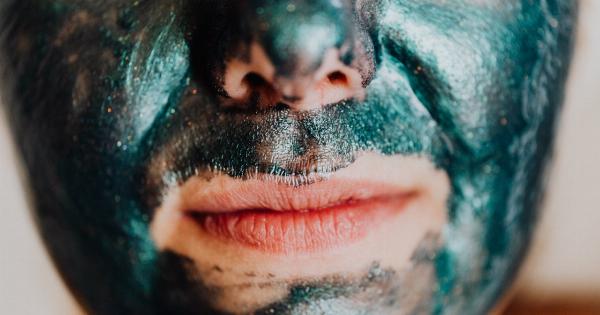Having a healthy, radiant-looking skin is an aspiration for many people, regardless of their age or gender. However, with so much information available on skincare, it is not always easy to separate facts from myths.
Below is a compiled list of ten common skin care myths and the truth behind them.
Myth 1: The more expensive a product is, the better it is for your skin
Reality: The price of a skincare product does not necessarily determine its effectiveness. What matters most is the quality of the ingredients used in the product.
Before buying a skincare product, check the list of ingredients to ensure that it contains high-quality and active ingredients that meet your skin’s needs.
Myth 2: Only people with oily skin need to moisturize
Reality: All skin types need moisturizing. Moisturizers help to keep the skin hydrated, nourished, and protected from environmental factors such as pollution.
People with dry skin should opt for rich and creamy moisturizers, while those with oily skin should choose oil-free and lightweight moisturizers.
Myth 3: Sunscreen is only necessary when it’s sunny outside
Reality: The sun emits harmful UV rays that can penetrate the skin even on cloudy days or when it’s raining. UV radiation damages the skin cells, leading to premature aging and skin cancer.
Therefore, it is essential to apply sunscreen with at least SPF 30 every day, regardless of the weather conditions.
Myth 4: Scrubbing the skin with harsh exfoliants is the best way to get rid of acne
Reality: Scrubbing the skin too harshly can damage the skin’s protective barrier and exacerbate acne.
Instead, opt for gentle exfoliants that contain salicylic acid or alpha hydroxy acids (AHAs) which help to unclog the pores and reduce inflammation.
Myth 5: You don’t need to wash your face in the morning if you washed it before going to bed
Myth: While it is advisable to wash your face before going to bed to remove dirt, makeup, and oil accumulated during the day, there’s also a need to clean it in the morning to get rid of sweat and oils produced overnight.
Cleansing the skin in the morning also helps to prepare it for the application of skincare products.
Myth 6: Drinking lots of water is the key to radiant skin
Reality: While drinking water is essential to keep the skin hydrated, it does not necessarily translate to radiant skin. A healthy and balanced diet, along with a good skincare routine, plays a crucial role in achieving healthy-looking skin.
Myth 7: Getting a base tan is the best way to protect skin from sunburn
Reality: There is no such thing as a safe tan. Any form of tanning indicates that the skin has been damaged by the sun’s UV rays.
Getting a base tan does not provide significant protection from sunburn, and it increases the risk of premature aging and skin cancer.
Myth 8: You should always use a toner after cleansing the skin
Reality: Toners can help to balance the skin’s pH levels and prepare the skin for the application of moisturizers. However, not all skin types require a toner.
People with dry skin may find toners too harsh, while those with oily or acne-prone skin may benefit from toners that contain salicylic acid or witch hazel.
Myth 9: The higher the SPF, the longer you can stay in the sun
Reality: Sunscreens with high SPF only provide stronger protection against UVB rays, but they do not block all UVB or UVA rays. No sunscreen offers 100% protection, and it is advisable to reapply every two hours, especially when sweating or swimming.
Myth 10: You only need to worry about wrinkles when you get older
Reality: Wrinkles are caused by various factors such as genetics, sun exposure, pollution, and smoking. Taking care of your skin from a young age can delay the onset of wrinkles and keep your skin youthful-looking for longer.
This includes applying sunscreen, moisturizing, practicing good sleep habits, and avoiding unhealthy habits such as smoking and excessive alcohol consumption.
Conclusion
Separating skincare facts from myths can be challenging, but arming yourself with accurate information is essential to achieving healthy, radiant-looking skin.
By debunking these common skincare myths and understanding the reality behind them, you can make informed decisions about your skincare routine and achieve your skin goals.































